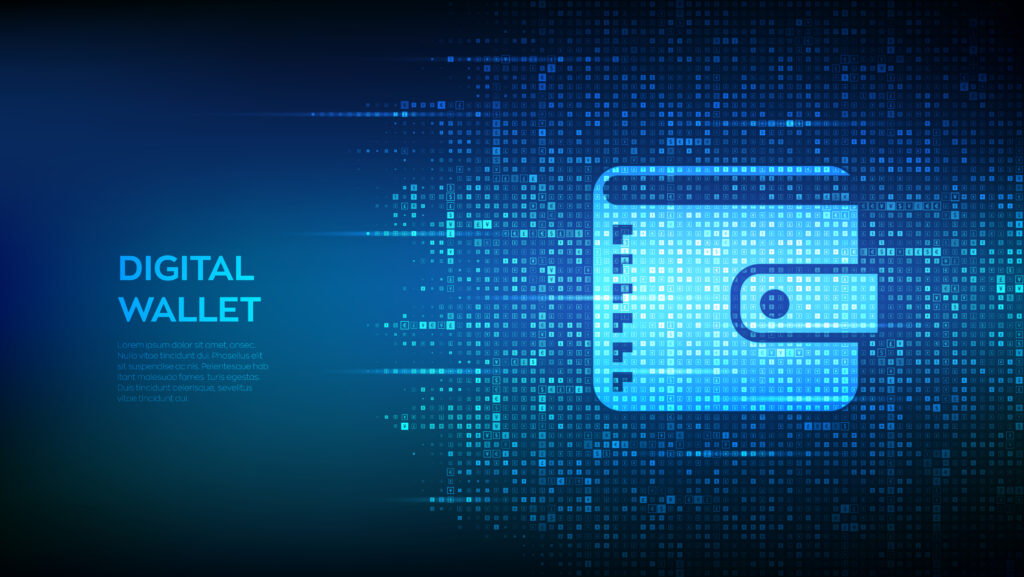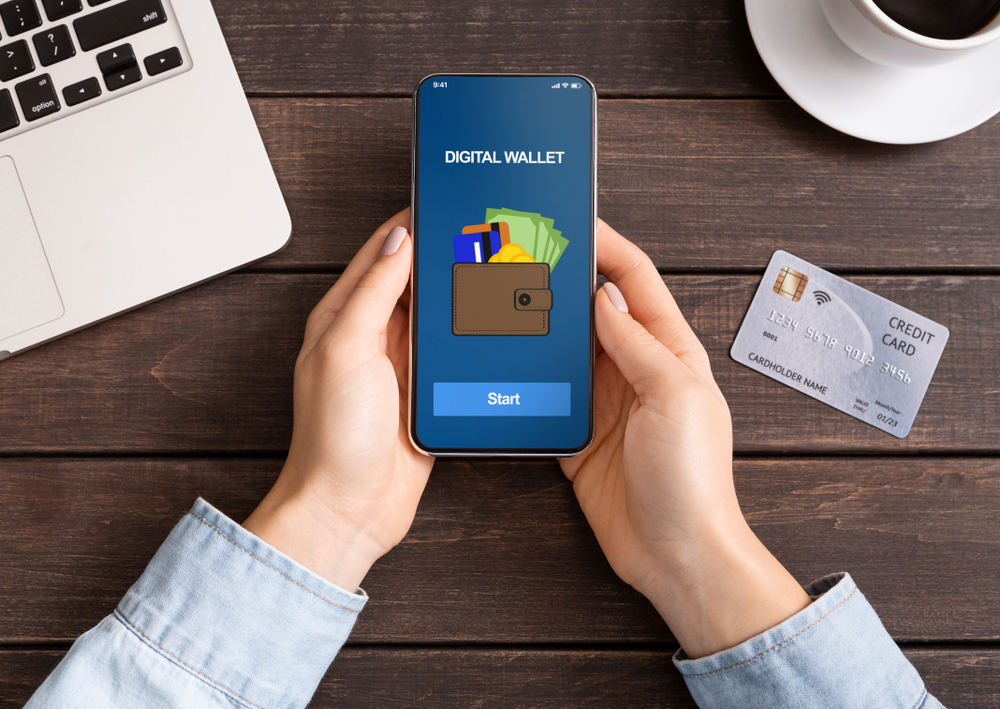Introduction:
In an era marked by technological advancements and digital transformation, traditional methods of payment are rapidly evolving to keep pace with the changing landscape of commerce. Enter digital wallets, a convenient and secure alternative to carrying physical cash or cards. With the proliferation of smartphones and the growing popularity of online shopping, digital wallets have emerged as a game-changer in the realm of financial transactions. In this blog, we delve into the rise of digital wallets, exploring their benefits, functionalities, and the impact they’re having on the way we pay.
The Evolution of Digital Wallets:
Digital wallets, also known as e-wallets or mobile wallets, have evolved from simple storage platforms for payment information to multifaceted financial tools that offer a wide range of functionalities. Initially introduced to facilitate online purchases, digital wallets now support in-store payments, peer-to-peer transfers, bill payments, and even loyalty program management. With the integration of Near Field Communication (NFC) technology, users can make contactless payments by simply tapping their smartphones or wearable devices at checkout terminals, enhancing convenience and speed.

Benefits of Digital Wallets:
Their convenience stands out as one of the key benefits of digital wallets. Instead of rummaging through a physical wallet or entering card details for every transaction, users can store their payment information securely in a digital format, streamlining the checkout process. Additionally, digital wallets offer enhanced security features such as encryption, tokenization, and biometric authentication, reducing the risk of fraud and identity theft. Moreover, digital wallets promote financial inclusivity by providing access to banking services for individuals who may not have access to traditional financial institutions, thereby fostering financial empowerment and inclusion.
Functionality and Integration:
Digital wallets come in various forms, ranging from standalone applications provided by financial institutions to integrated platforms offered by technology giants. Popular examples include Apple Pay, Google Pay, Samsung Pay, PayPal, and Venmo, each offering unique features and integrations. In addition to storing payment information, many digital wallets support the storage of loyalty cards, boarding passes, event tickets, and identification documents, consolidating essential items into a single digital repository. Furthermore, digital wallets are increasingly being integrated with other financial services such as budgeting tools, investment platforms, and peer-to-peer lending services, creating a seamless and holistic financial ecosystem for users.
Security and Privacy Considerations:
Despite the convenience and efficiency they offer, digital wallets also raise concerns about security and privacy. As digital transactions become more prevalent, the risk of cyber threats, data breaches, and unauthorized access to personal information increases. To address these concerns, digital wallet providers employ robust security measures such as encryption, tokenization, two-factor authentication, and biometric verification. Additionally, users are encouraged to exercise caution by safeguarding their devices with strong passwords or biometric locks and regularly updating their software to patch security vulnerabilities. Furthermore, regulatory bodies and industry standards organizations play a crucial role in establishing guidelines and regulations to protect consumers’ rights and ensure the integrity of digital payment systems.
The Future of Digital Wallets:
As technology continues to advance and consumer behavior evolves, the future of digital wallets appears promising. With the advent of emerging technologies such as blockchain, artificial intelligence, and Internet of Things (IoT), digital wallets are poised to become even more sophisticated, secure, and versatile. Furthermore, the ongoing shift towards a cashless society and the growing acceptance of digital payments by merchants worldwide will further propel the adoption of digital wallets. Additionally, partnerships and collaborations between fintech companies, banks, retailers, and technology firms will drive innovation and expand the capabilities of digital wallets, ultimately reshaping the way we transact and manage our finances in the digital age.

Social Impact and Sustainability:
Beyond their practical benefits, digital wallets also have a positive social impact and contribute to sustainability efforts. By reducing the reliance on physical cash and plastic cards, digital wallets help minimize the environmental footprint associated with printing, transportation, and disposal of traditional payment methods. Additionally, digital wallets empower individuals in underserved communities by providing access to financial services and digital transactions, thereby promoting financial inclusion and economic empowerment. Moreover, digital wallets enable charitable giving and support social causes by facilitating donations to nonprofit organizations and community initiatives. As awareness of environmental and social responsibility grows, digital wallets are increasingly recognized as a sustainable and socially conscious choice for modern consumers.
